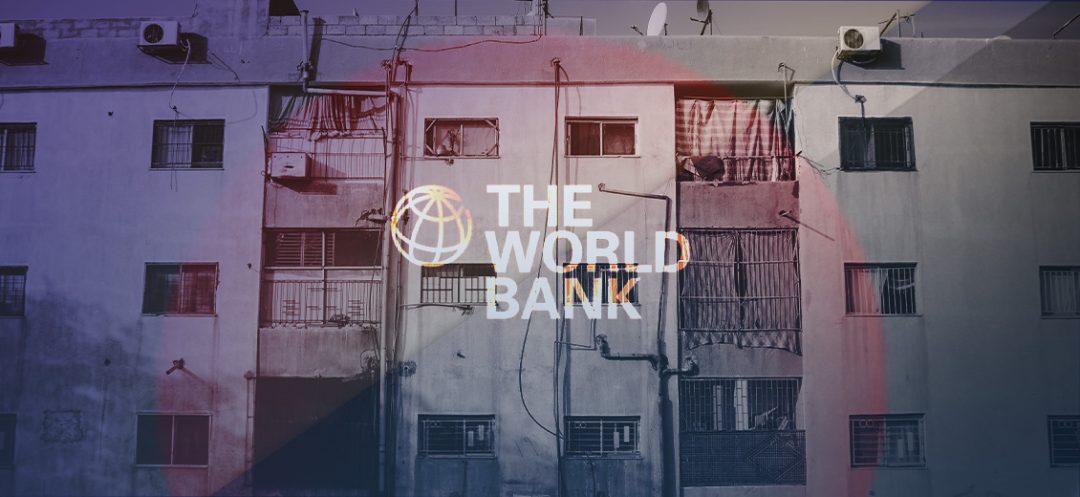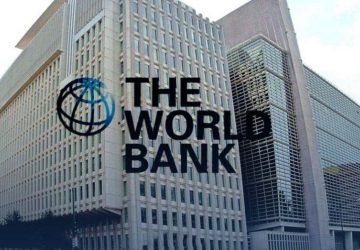Listen to the article
Between 2012 and 2023, poverty in Lebanon tripled, according to a report released last month by the World Bank entitled “The Width of Poverty and Inequality in Lebanon.” Poverty rates rose from 12% to 44% of all residents, one in three residents in Lebanon was hit by poverty and one in two is vulnerable to falling below the poverty line. These percentages include all residents, that is, Lebanese and non-Lebanese, but in the details, it appears that 81% of Syrians residing in Lebanon are described as “poor” compared to 33% of the Lebanese residents.
The World Bank found that there is something “very worrying” regarding the so-called “poverty gap,” as “poverty has deepened and intensified to much lower levels of the poverty line.”
We don’t need the “worry” from the World Bank to realize the dangers of poverty in our society. The consequences are felt and lived in our daily lives; the rise of crime, rise of corruption and moral decadence, even affecting us culturally.
Aristotle said, “Poverty is the parent of revolution and crime.” The philosopher in ancient Greece observed that when people are deprived of necessities and opportunities for advancement, they may become desperate and turn to drastic measures to improve their situations. The connection between socio-economic conditions and the potential for instability and unlawful behavior within a community has long been discovered, but Lebanon has always been an exception to any rule, unlawful behavior is rewarded.
While we often judge other nations from afar, few expect that we will become an example to the world.
This article delves into the multifaceted dangers of poverty, illustrating its far-reaching impact on individuals and communities.
Examining countries that have experienced economic collapse provides clear examples of how poverty leads to societal decadence. In Greece, the financial crisis of 2009 resulted in severe austerity measures, skyrocketing unemployment rates and widespread poverty. The social fabric of the country was torn apart. Drug abuse, homelessness, suicide and prostitution.
Similarly, the collapse of the Lebanese economy led to a surge in crime, drug addiction and alcoholism, family breakdowns and the rise of sexual crimes as well as prostitution rings.
That’s only normal because when individuals lack access to necessities, desperation often drives them to criminal activities. With a lack of policing power, crime thrives and slowly becomes organized.
In summary, here are the perils of poverty.
Economically, poverty hinders national growth and development. A population grappling with poverty cannot contribute effectively to the economy, resulting in reduced productivity and stagnation. This economic downfall has plunged hundreds of thousands into poverty, dismantling the middle class and leaving the nation struggling to recover.
With the middle class dropping from 35% to 13%, culture will automatically drop or change. The culture of the mass will change. The balance of art and culture will be lost.
Poverty also reduces access to quality education, which is essential for economic mobility and innovation. Without proper education, individuals are less likely to acquire the skills needed for high-paying jobs, perpetuating the cycle of poverty. The middle class in Lebanon struggles to educate their children nowadays. Diplomas were the only weapon they could provide their kids with, in order to rise in society and succeed in life. Yet, many people pulled their kids from private to public schools because of the insane tuitions that these schools demand. Imagine the ones who cannot even afford public schools.
This lack of education and opportunity stifles economic growth, as a significant portion of the population remains unproductive.
Poverty affects physical health and has profound impacts on mental development and behavior. Research indicates that the stress associated with living in poverty can impair cognitive functions, including memory, attention and decision-making. A landmark study by Princeton University found that the cognitive load imposed by financial worries can reduce the IQ by up to 13 points, equivalent to losing a night’s sleep.
Poverty can influence mentality in various ways, often leading to what is sometimes termed a “poverty mentality.” The poverty of mind is the greatest poverty of all; it stifles imagination, hinders progress and imprisons potential within the confines of limited thinking, constantly struggling to make ends meet, which can lead to a scarcity mindset. Individuals may develop a preoccupation with scarcity, always worrying about not having enough resources or opportunities. This leads to high levels of Cortisol, “the stress hormone” that can affect the immune system, metabolism and high blood pressure, which also leads to many health issues. Limited access to healthcare services exacerbates these conditions, leading to higher morbidity and mortality rates.
People in poverty may have limited access to education, employment options and social networks, which can narrow their perspectives and aspirations. It can erode self-esteem and self-worth. This can affect their confidence, motivation and sense of agency, making it difficult to pursue goals or take actions that could lead to improvement. That situation necessitates a focus on immediate survival rather than long-term planning or personal development. Maybe that’s one of the reasons why we saw a generation of young people dependent on TikTok revenues and cheap social media content in order to make ends meet, even at the cost of a bad reputation, because living in poverty can subject individuals to social comparison and stigma. Comparing oneself to others who are more financially stable can exacerbate feelings of inadequacy and inferiority. Poverty is changing the texture of our communities and culture.
It is a major problem that needs to be addressed before it’s too late; it traps individuals and societies in a cycle of deprivation, limiting opportunities for growth and development. Addressing poverty requires comprehensive strategies that encompass economic reforms, social support systems and access to quality education and healthcare. By tackling the root causes of poverty, societies can break the cycle and pave the way for a more prosperous and equitable future. So far, we are not seeing any plans to build a better future, neither by the ruling elites nor by the will of the people, and this is very worrying for the future of the republic.





